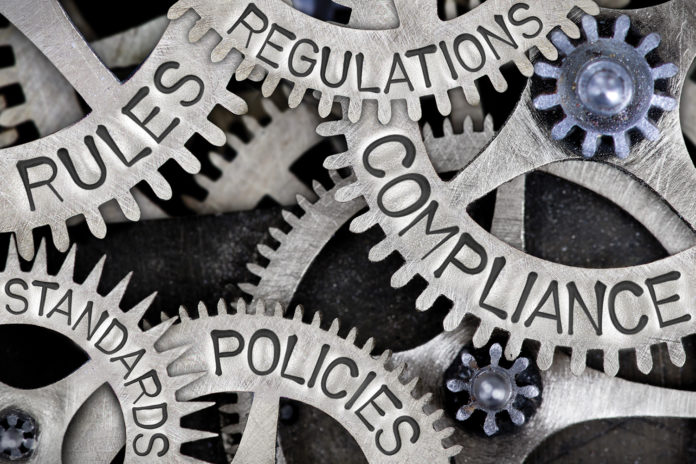Given our long pandemic, I’m reminded of a lesson from when I was a kid working in the family business. My father made an ongoing effort to prompt me to explore new ideas. His favorite explanation came from a baseball analogy.
The batter swings the bat and hits the ball into right field. As the right fielder runs to retrieve the ball, the batter rounds first and heads for second base. As the batter slides into second, the second baseman catches the throw from the right fielder and turns to make the tag.
The umpire watches closely, and, holding up two fingers, hollers, “Second down!”
“What does this mean?” I would ask.
“We aren’t playing by the same rules anymore,” my dad would respond.
While this is true with many parts of our lives since March 2020, it is particularly true of the beverage industry. As your state has made changes for many situations, perhaps this is an opportune time to look for changes that can benefit your business.
During the pandemic we have observed three types of businesses. The first group are those who have “hunkered down” for the duration of the pandemic.
To them, this is a storm they are waiting to pass. They have chosen to do little more than open their doors. Since other retailers have diminished their hours, some of these businesses have done likewise. Seems if there was a concern for social distancing, the businesses would be adding hours, in an effort to spread out the shopping.
The second group are those who have continued as though nothing has happened. They fail to see how all individuals have experienced many changes in their lives. They advertise in the same way. Even when there is product shortage, they continue with sale prices on these items.
Our third group are those who see what is happening, and what has happened. They understand our opening example.
In the south, we refer to these businesses as “hold my beer” people. They are anxious to try new ideas. After being penalized by their state control board, they have pushed the limits of their local and state restrictions. While many benefited from the restrictions placed on restaurants and bars, some are sympathetic to our “brothers and sisters” in the trade.
We observed a dealer who created a mobile service for their liquor store. As their state does not allow returns, their mobile service provides catering for weddings, funerals and other small-gathering events. Now, their customer has exactly the right quantity of beverages for their event.
When closed, we observed partnerships where the restaurants packaged their meals and sold them through stores that are open to the public.
With increased sales, we have observed stores that have hired bartenders to host the stores’ product sampling events.
What are we suggesting? Now is the time to connect with stores in other states to see which of their laws have changed. Contact your local legislators and liquor lobbyists to share what you have found by way of your interactions. While few want to be first, there are plenty that want to jump on the bandwagon.
We also suggest you attend the BARC/Cheers conferences next summer to visit with other retailers and vendors to hear what is happening in their states and territories.
Join the third group of businesses. Your business, and others in your state, will greatly benefit from what you learned and promote.
Tom Shay is a lifelong small-business owner and manager. He has authored 12 books on small business management; a college textbook on small business financial management and co-authored a book on retailer/vendor relations. He is a regular speaker at BARC.




